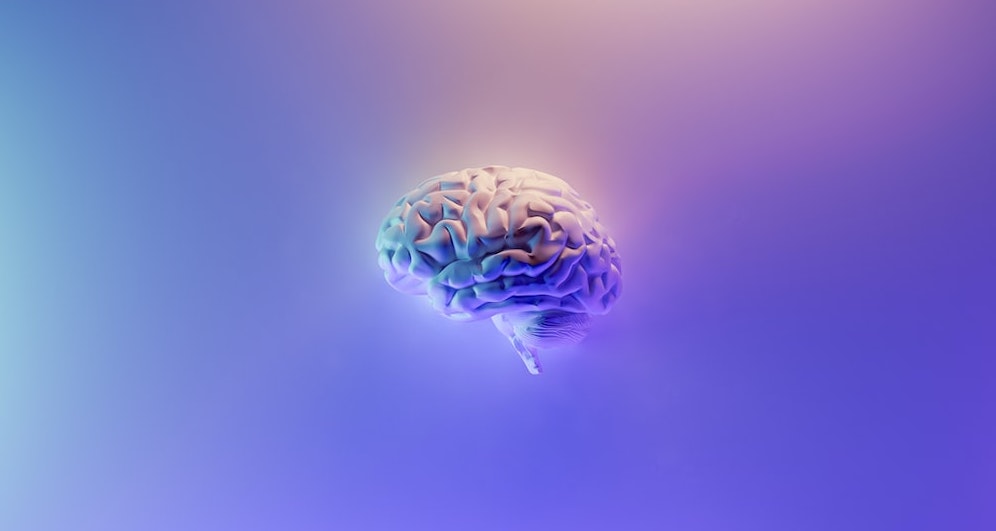Thinking about thinking… have you done that? This month I was pondering a lot about how much control we have over our well-being and going into the holidays where we truly start unraveling… I thought, prime time!
With breast cancer, I often feel helpless and disempowered, but because I have had over 20 years of cognitive behavioral therapy literally rewire my pathways by manipulating my thinking, I am able to swerve into more helpful thoughts that are more accurate. I would like to share this magic with you. If you are new to this training – all good! Read on and print out the Cognitive Distortion List, tape it to your fridge, and learn when you are making these thinking errors. This will not only help you with taking better care of yourself, but it will also help you in all your relationships. ALL your relationships, with children, partners, colleagues, and so on. You will never look back. Ok maybe you will because you will default back into these thinking errors if you don’t continue practicing the new neutral thoughts.
Ready to enter that brain space?
I thought so.
These unhelpful filters make whatever life circumstances we find ourselves in much more anxiety-provoking and challenging. Then we stop taking care of ourselves so well because we don’t like ourselves after these thoughts and often feel like what’s the point? But, thoughts can change. What are unhelpful cognitive distortions?
The main cognitive distortions are as follows (and some of them overlap):

- Black-and-white (or all-or-nothing) thinking: I will never love my body.
- Jumping to conclusions (or mind-reading): The spin teacher thinks I don’t belong in class.
- Personalization: Our team lost because of me.
- Should-ing and must-ing (using language that is self-critical that puts a lot of pressure on you): I should be eliminating sugar from my diet.
- Mental filter (focusing on the negative, such as the one aspect of a health change that you didn’t do well): I am terrible at getting enough sleep.
- Overgeneralization: I’ll never find a partner.
- Magnification and minimization (magnifying the negative, minimizing the positive): It was just one healthy meal.
- Fortune-telling: My cholesterol is going to be sky-high.
- Comparison (comparing just one part of your performance or situation to another’s – which you don’t really know – so that it makes you appear in a negative light): All of my friends are happier than me.
- Catastrophizing (combination of fortune-telling and all-or-nothing thinking; blowing things out of proportion): This spot on my skin is probably skin cancer; I’ll be dead soon.
- Labeling: I’m just not a healthy person.
- Disqualifying the positive: I got that answer right, but it was a lucky guess.
I bet you money you do some or many of these. We ALL do. It’s how you recover from them. Let me give you a reframing example that I use in my counseling practice:
- Black-and-white (or all-or-nothing) thinking: OLD thought: I will never love my body. NEW thought: In this moment I can appreciate the functions of my body.
Can you try? With the holidays coming up, why not arm yourself with new thinking patterns that can rewire your brain so you can feel lighter and more positive, which makes you want to help yourself more by changing behaviors to give more back to yourself. Then you share this with others.
This literally changes the world.
Let’s do this together! 🙂
Getting support to manage cognitive distortions is important.
If you need assistance with challenging cognitive distortions, professionals such as Psychologists are skilled at helping people change unhelpful ways of thinking. If you are unable to find or afford a therapist or a coach, there are other resources available, such as apps to help with mindfulness and cognitive behavioral therapy, mutual support groups, group therapy or group coaching (which can be less expensive than individual treatment), employee assistance programs through your job, or online communities. Your primary care doctor or your health insurance may help connect you with other resources.
With so much care,
Miriam Jirari MPH, RDN, CPT, Intuitive Eating Counselor
Studio SWEAT Dietitian

Resources:










Comments - 1